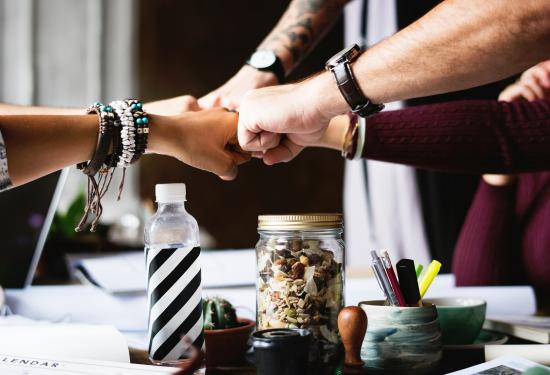 Ahhhh, love. You see him across the crowded room. Your eyes meet and you feel drawn to him. As you move towards him, your adrenaline rises, your heart races, your mouth is dry–can I even speak? Then, something amazing happens. Your brain is saturated with a love cocktail. Dopamine floods you like a rush of cocaine. You feel giddy. Serotonin activates and you can’t take your eyes off the person. It is like you are obsessed. Actually you are, as that serotonin release is very similar to Obsessive Compulsive Disorder.
Ahhhh, love. You see him across the crowded room. Your eyes meet and you feel drawn to him. As you move towards him, your adrenaline rises, your heart races, your mouth is dry–can I even speak? Then, something amazing happens. Your brain is saturated with a love cocktail. Dopamine floods you like a rush of cocaine. You feel giddy. Serotonin activates and you can’t take your eyes off the person. It is like you are obsessed. Actually you are, as that serotonin release is very similar to Obsessive Compulsive Disorder.
Yes, we focus on love this time of the year, but most of us want loving feelings for more than one day of the year. In other words, lets keep the love going. Perhaps a few tips from neuroscience can help inform our behavior when it comes to love.
Music stimulates neurochemical systems in the brain: A Japanese study looked at the impact music had on the impressions formed for opposite sex conversation partners during a first encounter. When music was part of the background of the conversations, participants rated their conversation partners significantly more favorably than those in pairs with no music in the background. The researchers concluded that music may have made the conversationalists more charming! Positive impressions can be increased. And character traits such as friendliness and openness were rated higher when music was playing in the background. So, if you want to make a good first impression, have music playing in the background. It might make the attraction stronger! Music just might be the aphrodisiac of love!
Touch stimulates oxytocin, a bonding hormone known as the love or cuddle hormone: Hold hands, softly kiss a cheek, rub your partner’s back and you will release a small amount of oxytocin. This not only signal trust, but builds bonding. Of all touching, sex is the most intimate. It triggers oxytocin as well. So do not ignore the importance of it in your marriage. It activates the brain’s reward system and brings on desire.
And back to music to help create feelings of love and bonding. Join your church choir or a singing group. When you sing in a group, oxytocin pulses through the brain and those feelings of trust, love and acceptance start to flow. This is why you hear choir members talk so lovingly about each other and feel bonded to their group. Oxytocin is leading the way. The brain is increasing its production of oxytocin when you are belting out those choir numbers together. And the benefit to you is the positive feelings of trust and love, not to mention the beauty of worship. So if you want to feel bonded and accepted, join a choir or singing group. Or think about playing music with others–it does the same thing.
Do novel things to stimulate dopamine: Dopamine is associated with the desires to pursue your loved one. It can be stimulated in a relationship by doing novel things. Keep it flowing by getting out of your routine. Create surprises, try something new and be creative as a couple. The reward system in your brain will activate and you will see your partner with new excitement.
So here is your chance to boost love. Have soft music playing in the background or sing. Try a new intimate setting. Touch and show affection. Your brain chemicals will thank you by boosting those loving feelings.
Source: Sumi Shigeno. Effects of background music on young Japanese adults’ impressions of opposite-sex conversation partners Psychology of Music 0305735614561816, first published on December 15, 2014 doi:10.1177/0305735614561816


